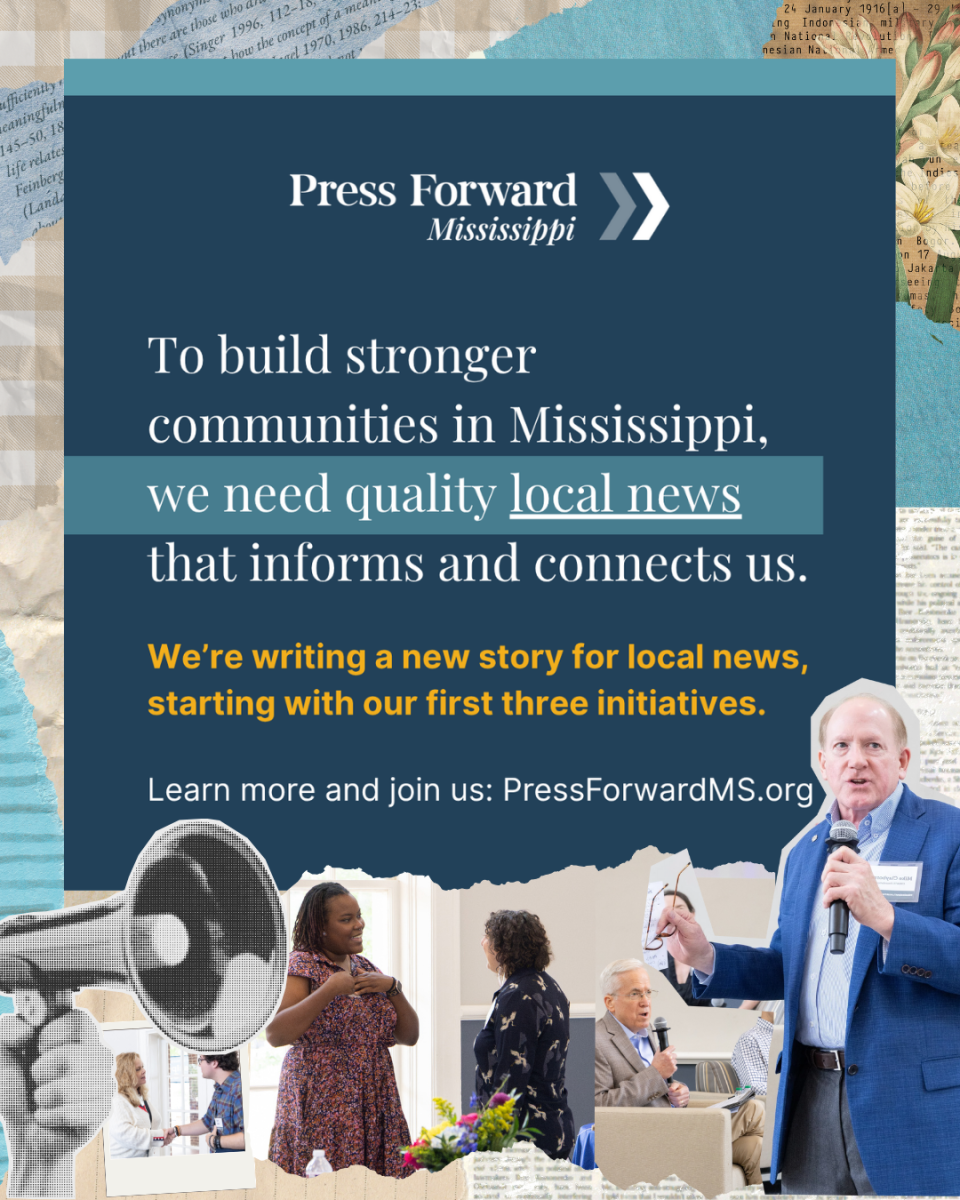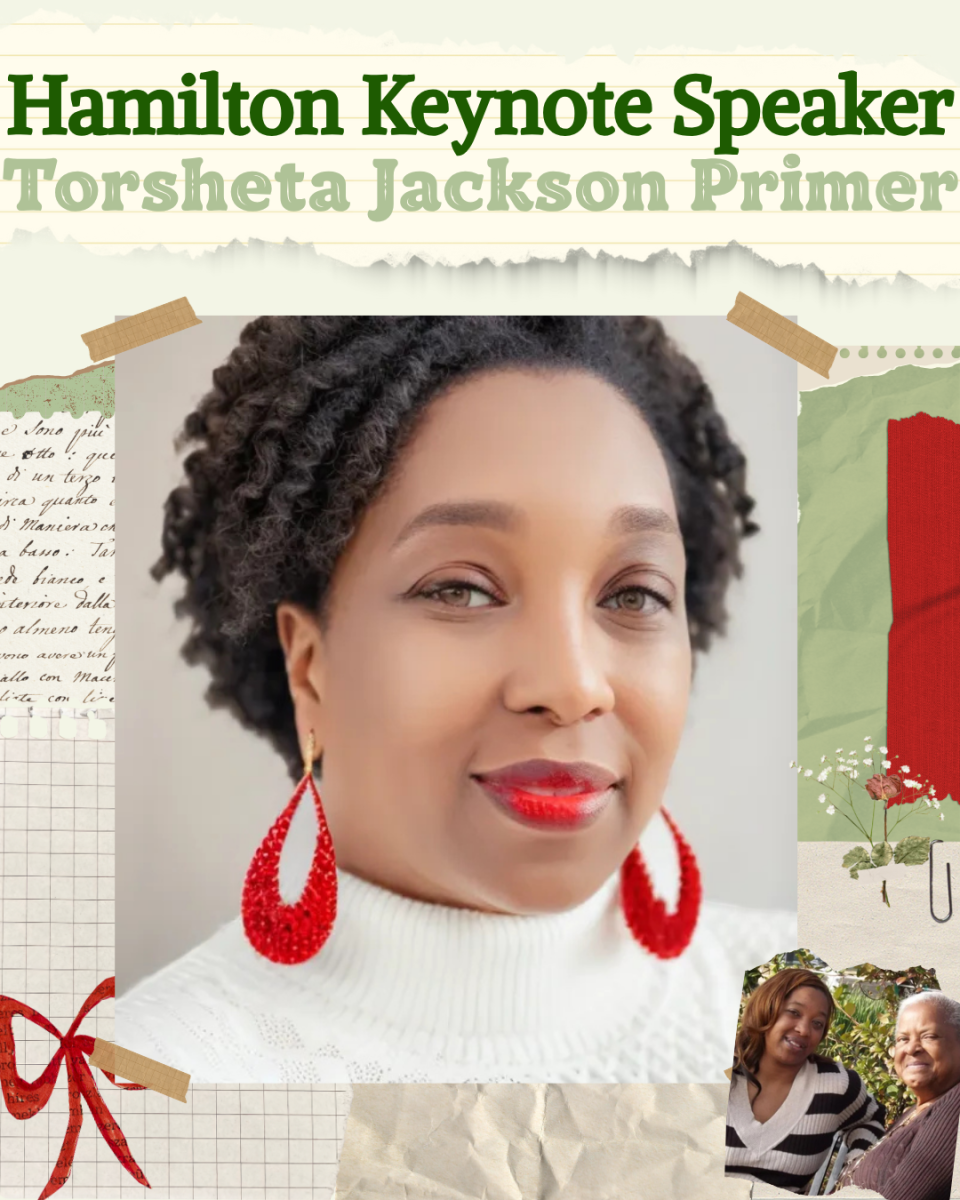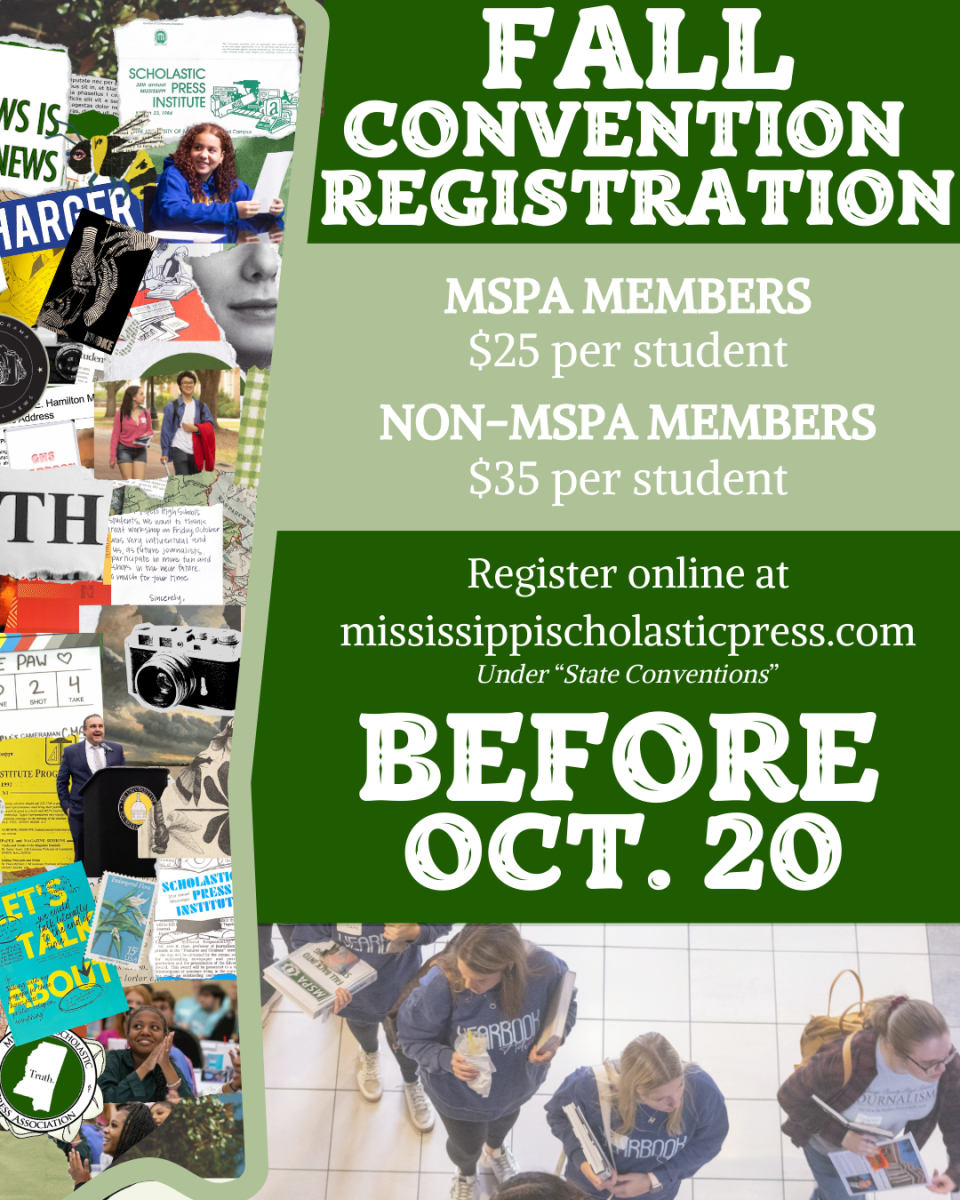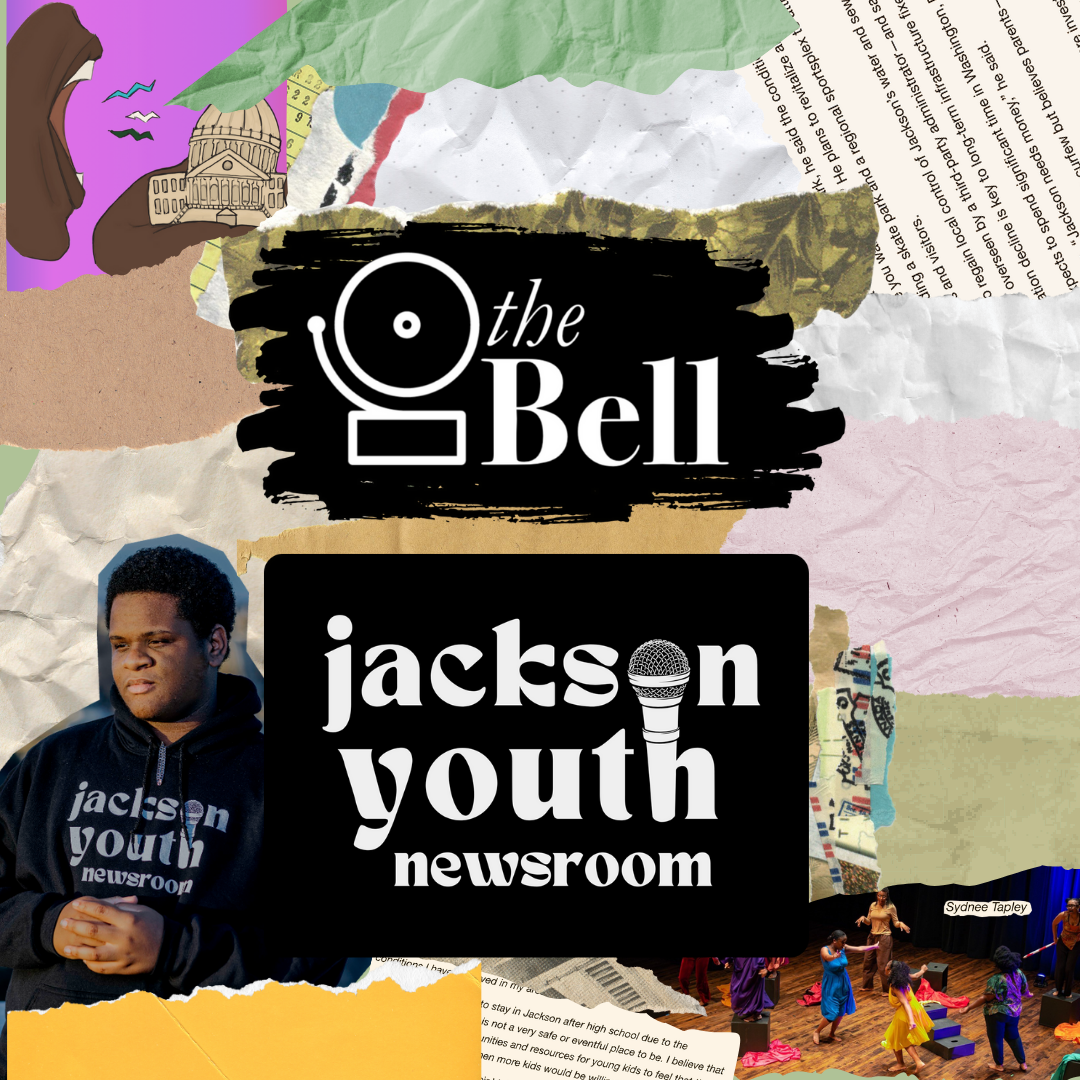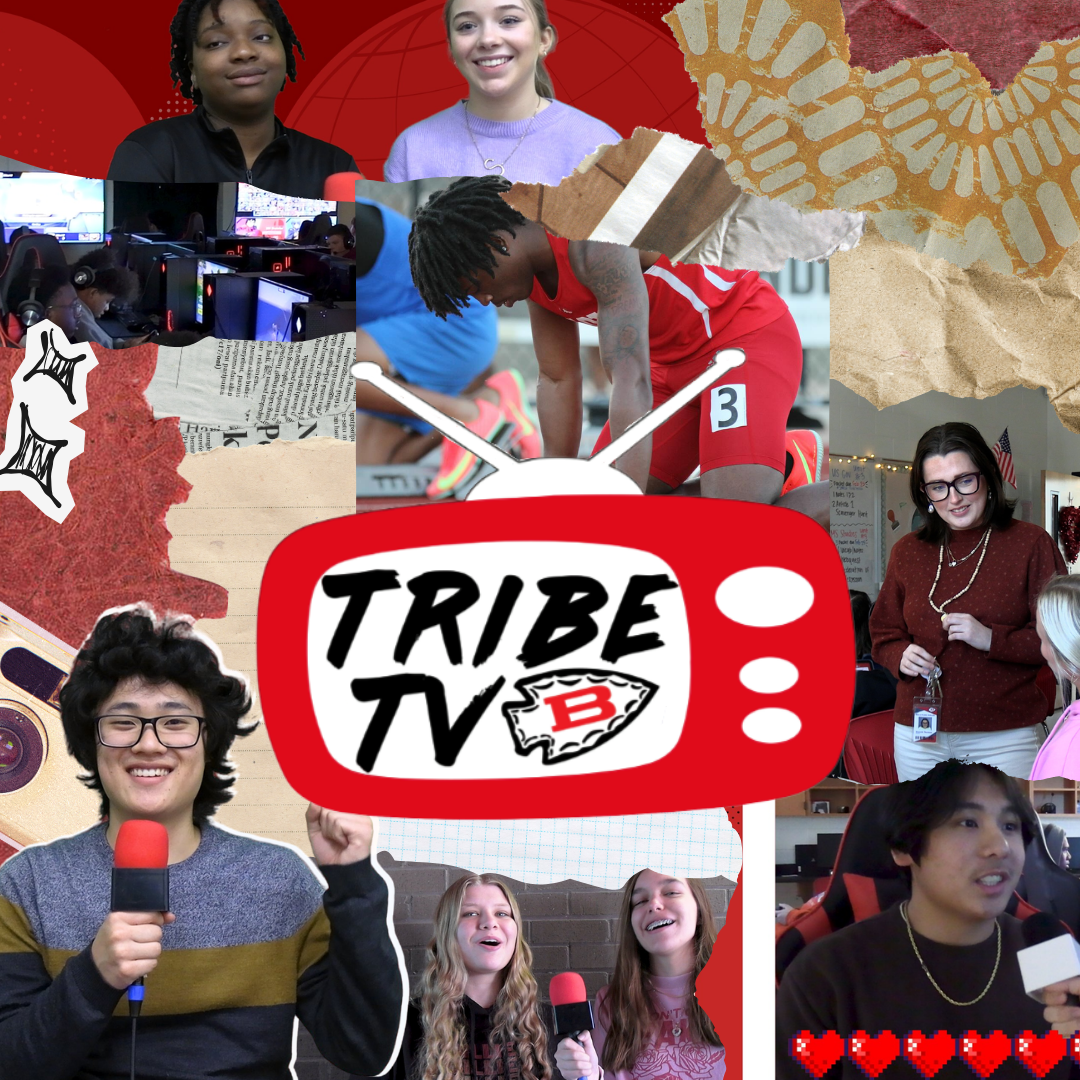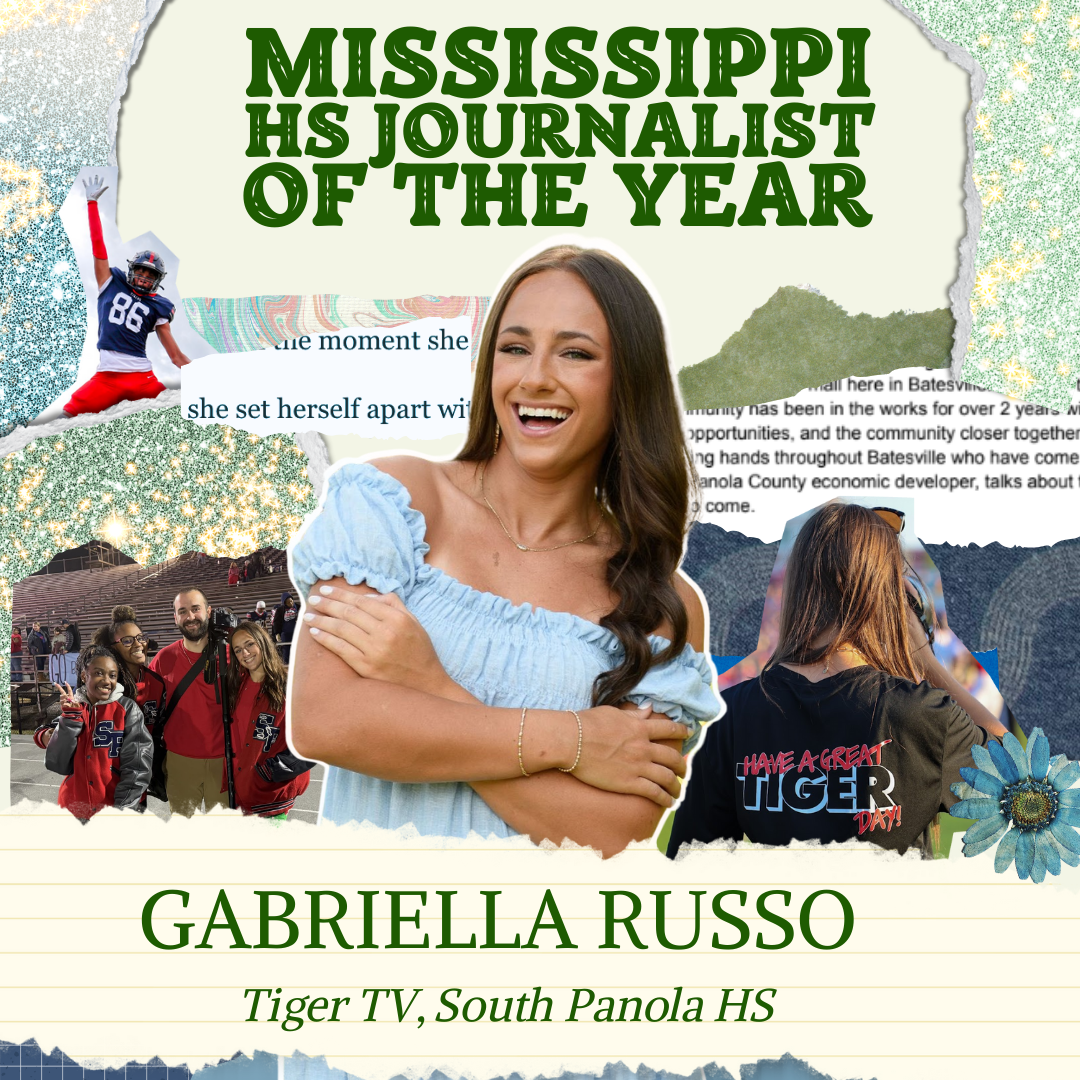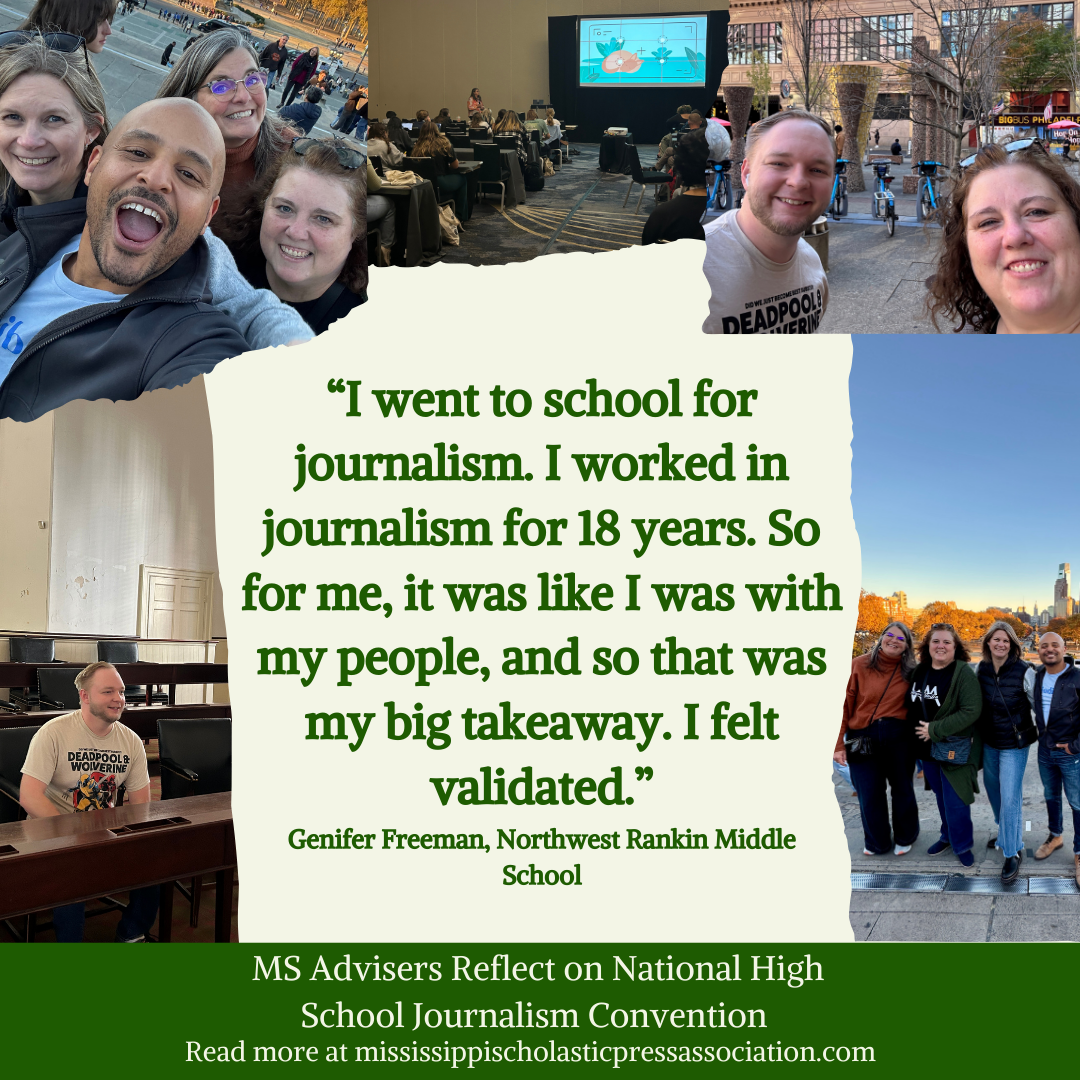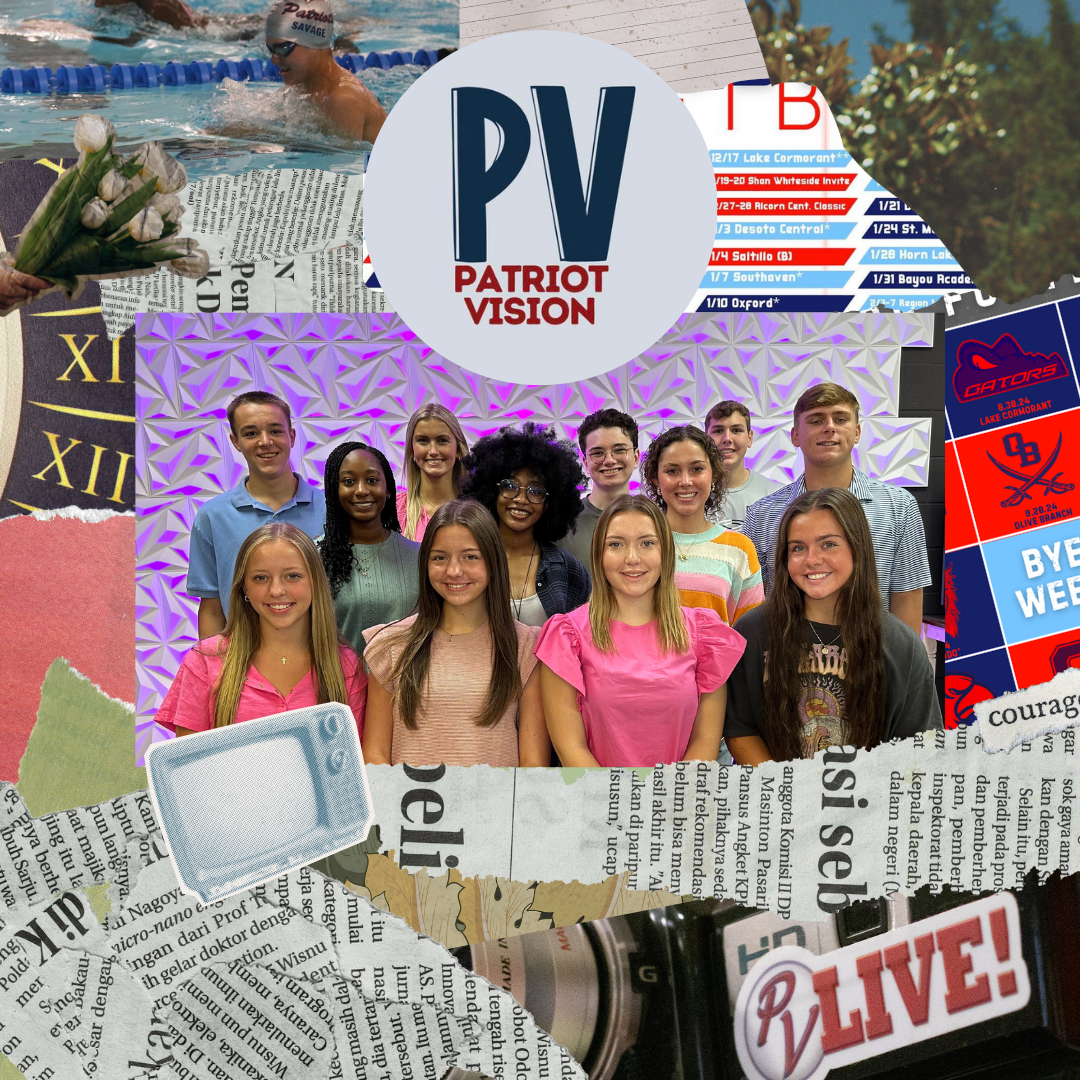Since 2016, C.J. LeMaster has been the lead investigative reporter and co-anchor for WLBT in Jackson, MS. Originally from Booneville, MS, LeMaster attended Northeast Mississippi Community College where he began his journalism interests writing for the student newspaper. This continued at Mississippi State University, where he holds a broadcast journalism degree. He started as a reporter and soon after a morning and weekend anchor for WTBO in Tupelo, MS for five and a half years before leaving for WLBT. There he began as a reporter and weekend anchor and for two years until he was promoted to the lead investigative reporter.
LeMaster has worked on a large variety of investigative stories for WLBT, including corruption, law-changing, and life and death scenarios. The investigations have stuck with LeMaster, such as finding an election commissioner guilty of a felony, false crime statistics from the Jackson Police Department, missing recorded homicides, and two city officials faking multiple jobs for financial gain. His work has led to many accolades, including six Emmy nominations, Investigative Reporters & Editors Award, and the First Amendment Award of Excellence for five straight years to go along with twenty-two awards by the state.
Q&A
Do you have a specific instance or experience that you’d consider the most integral to your career?
I think the first big story we did was probably in 2019. And accidentally, I was looking at crime statistics. The city of Jackson releases statistics every week, or at least it used to, and I noticed that there were weeks where we didn’t have any. One week they’d go way down, then the next week they’d go back up, like they were almost close to where they were the two weeks before. We finally got an interview with the police chief and presented our information to him, and he was like a deer in headlights. The city of Jackson was fudging its numbers to make crime look like it’s lower, and the department completely scrapped the whole way it reports crimes after that. Completely did away with it. To this day, they don’t even report numbers regularly because of that story. But that actually showed me, “Okay, wait, that’s actually in response to what we did.” We had a council member who was saying “You know, there’s no good way to spin this, it’s horrible.” So, we actually had people taking us seriously for a change, and that story led to a whole bunch of tips from people. That led to more stories. Sometimes all it takes is one big story, not only to get people in power to acknowledge you and realize that your work is credible, but sometimes it also takes that one story to open up opportunities for more tips, and it’s just a floodgate of people start to go, “Oh wow, he did that and we’re going to trust him with this.”
As an investigative journalist, how do you handle your process of covering stories?
So, we’ll get tips, and/or it might be something that we just decided we want to look into. Sometimes the person who sends us a tip may only have just a snippet of information. We have to vet everything somebody tells us. We can’t go off of just what they say. We can’t trust people these days, especially in the era of fake news and people pushing an agenda. Then we’ll start putting out feelers, we’ll start requesting records, etc. It’s almost like you’re preparing for trial. You’re building a case, you’re getting as much evidence as you can, you’re vetting it and you’re researching and you’re putting this all together so that when you do interview them and you talk to them, your case is so solid they can’t ignore you. Then I go through and I write, I transcribe everything, I write the story out, and my boss goes through and cuts what needs to be cut. Most of the time we get it legalized with lawyers to make sure we’re not getting sued. Lastly I’ll shoot video of different things and we’ll put graphics with it to help tell the story, and then we edit everything and then once we do all that, it gets ready for air.
What is it about journalism that you deem to be the most important factor in its purpose?
I think holding people accountable is probably the biggest thing that we can do. I don’t deal in generalities, we have to have facts, and so for anything we put out there, we have to make sure we can stand behind it and be credible. Our main duty is to inform, and I would say that’s true, but I think along with that, it’s to hold people in power accountable. Because in many cases, if we don’t, nobody will, and so that’s a pretty hefty responsibility that we have. We have to show people why we’re needed, and I think by exposing things or showing people things that they didn’t know about, maybe we can make a difference.
How would you describe the significance of journalism to the state of Mississippi?
As a native Mississippian, I think that we have a tremendous responsibility. I want this to be the best Mississippi we can have, and if I can play a role in that in some small way, then that’s what I’m supposed to do. For example, we did a story last year about ambulance response times, and what we found was horrible. It got the attention of a lawmaker who then drafted a bill that would make it easier for when these ambulance services are tapped out, they can get ambulances from other counties to come in and help. That’s a law that makes a difference across the state. We have a lot of things that need to change in Mississippi, but I truly think that we have the best people of any state anywhere. We have tremendous potential that other states don’t have, we just don’t fully realize it. Maybe one day we will.
What kind of advice could you give to aspiring journalists or those who are interested in the field?
I would say don’t do it unless you’re really serious about it. If you’re not persistent with it, you can easily get burnt out. I think that’s the biggest thing at times in my career where I felt like I’d hit a brick wall. I just kept going, don’t give up and just keep persisting and make contacts with people. Don’t burn bridges, because you may end up working with that person one day. If you think that you’re horrible when you see your first tape on TV, know that it takes a couple of years sometimes to find your voice. Know that when you start writing and doing print journalism that the industry is going through upheaval right now, and you’re probably going to end up being a digital reporter. We are constantly learning and evolving and trying to be better, and I think as long as you kind of adopt that attitude, you’re going to be just fine.
LeMaster will deliver the Hamilton Keynote at the Mississippi Scholastic Press Association Fall Convention at the University of Southern Mississippi on October 31, 2024.


